
Oil Truck or Lube Truck? TPL Explains The Differences
May 5, 2020 -- Posted by :Outside of our industry (and sometimes, within it), people will mistakenly refer to a lube truck as an "oil truck". While the distinction may seem negligible, it's important to recognize the differences in these two pieces of equipment, espeically when discussing business needs.
Oil Trucks
An oil truck is normally used to deliver bulk oil for stationary tanks and use. Some uses are, but are not limited to:
- - Home heating oil
- - Local boat and auto dealerships, marinas and manufacturing plants
Since the oil is being sold directly by volume, oil weights and measurement factors will always be part of the setup. Metering devices with associated gauges help track the amount of oil delivered. (A good example of a metering device is a gas pump at a local filling station.) Metering devices and gauges also need to be routinely calibrated to ensure accuracy and efficiency. Finally, most oil trucks are usually owned by the oil distributor.
Lube Trucks
With a completely different mission, a lube truck is typically used to change oil and fluids in heavy equipment, fleet applications and off road vehicles (i.e. mowing tractors that cut grass on the highway). In addition, lube trucks can also be used to fuel and grease the same equipment. Most of the time these trucks are owned by the customer who is servicing his equipment. Unlike an oil truck, there is no type of commerce activity occurring on a lube truck, such as the selling of fluids Lube trucks also come in a variety of sizes, configurations, and have tool storage options.
Need a larger fuel tank to accomodate longer days on the job site? Looking for a specific product layout that other companies just don't seem to offer?
Check out our lube truck or combination fuel-lube truck product pages!


More Recent Posts
Why Your Grease Pump Isn't Working - A Guide
As 2024 rolls in and we all get back into our routines, it’s common to encounter equipment issues leftover from December. But now, that malfunctional grease pump is slowing – or even halting – your work day. The result is operational downtime, which can put a damper on even the best New Year’s resolutions. Our short guide to diagnosing your grease pump problems can help.
Why TPL Lube Trucks Are The Most Reliable
When you have a lube truck, skid, or system, reliability is a product characteristic that isn’t just expected – it’s non-negotiable. Your fluid exchange equipment needs to work reliably. But what does that mean? Learn three, simple ways that TPL lube trucks (and other lube equipment) are the most-reliable in the industry.
The Four Main Components You Should Be Checking: A Parts Maintenance Guide
While it may seem counterproductive to put extra time towards equipment maintenance, performing regular service on your equipment parts is vital to keep them running effectively and efficient during peak production seasons. Check out our Parts Maintenance Guide for more.

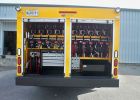 Lube Trucks
Lube Trucks Water Trucks
Water Trucks Fuel Lube Trucks
Fuel Lube Trucks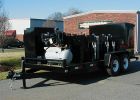 Lube Trailers
Lube Trailers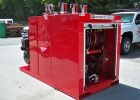 Lube Skids
Lube Skids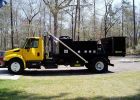 Hook Lift Package
Hook Lift Package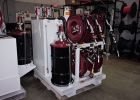 On-Demand Inventory
On-Demand Inventory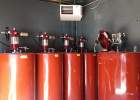 Lubrication System Installations
Lubrication System Installations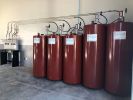 Tank Packages
Tank Packages Truck Restoration
Truck Restoration Lift Installations
Lift Installations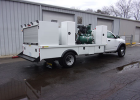 Truck Repair
Truck Repair System Repairs
System Repairs Our Team
Our Team Careers
Careers TPL Media
TPL Media
